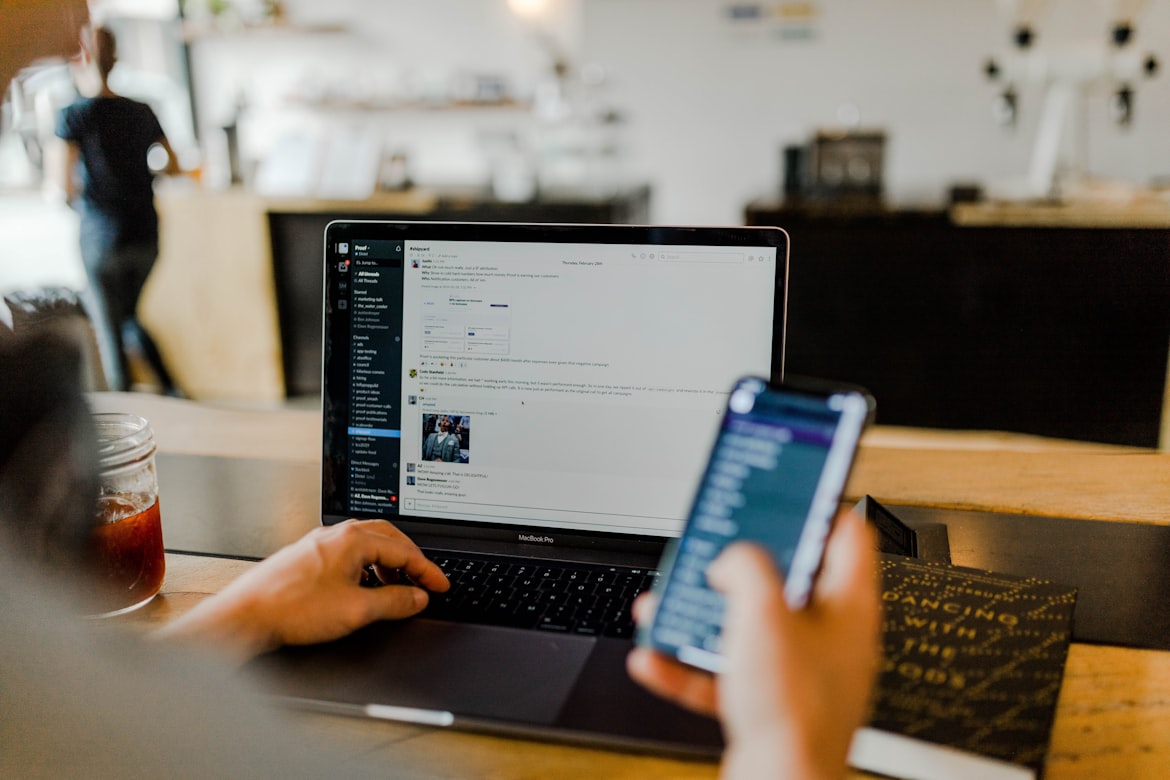You’re in for a surprise if you assume malicious websites are the only areas where spyware may infect its victims. Spyware, which is software that steals sensitive user data without their permission, can be found in many locations on the internet, often in unexpected places. It only takes being in the wrong place at the wrong moment to risk your online security. This website has the top Time internet plan in Malaysia.

Unsafe browsing can also lead to other dangers, such as humiliating personal comments or photographs that are nearly impossible to remove once they’ve been posted online, or getting mixed up with people you’d rather avoid.
The following are the top 6 Internet safety practices to follow to prevent getting into problems online.
Personal information should be kept professional and limited.
Your personal relationship status or home address are not required information for potential employers or consumers. They must be aware of your skills and professional experience, as well as how to contact you. You wouldn’t give out solely personal information to strangers one-on-one, so why would you give it out to millions of people online?
Always turn on your privacy settings

Marketers and hackers both want to know everything about you. Your browsing and social media habits can teach both of you a lot. However, you have control over your data. According to Lifehacker, both web browsers and mobile operating systems include privacy options that can be used to preserve your online privacy. Privacy-enhancing features are also available on major websites like Facebook. Companies desire your personal information for its marketing worth, thus these settings are sometimes (intentionally) difficult to uncover. Make sure you have these privacy measures enabled and that you keep them enabled.
Take precaution when browsing the internet.
You wouldn’t go through a risky area, so don’t go online and visit unsafe communities. Dark information is used as bait by cybercriminals. They understand that consumers are occasionally enticed by questionable content and may relax their guard when looking for it. The demimonde of the Internet is full of hidden dangers, where a single negligent click could expose personal information or infect your device with malware. You don’t even give the hackers a chance if you resist the temptation.
Take Caution When Download

Cybercriminals are mostly interested in tricking you into downloading malware—programs or apps that contain malware or attempt to steal information. This malware can be camouflaged as an app, which could be anything from a famous game to a traffic or weather app. Downloading apps that appear suspicious or come from a site you don’t trust is not a good idea.
Use Secure Websites for Online Purchases
When you make an online purchase, you must supply credit card or bank account information, which is exactly what fraudsters are after. Provide this information only to sites that offer secure, encrypted connections. According to Boston University, you can tell if a website is safe by looking for an address that begins with https: rather than just http: (the S stands for secure) A padlock icon next to the address bar may also indicate them.